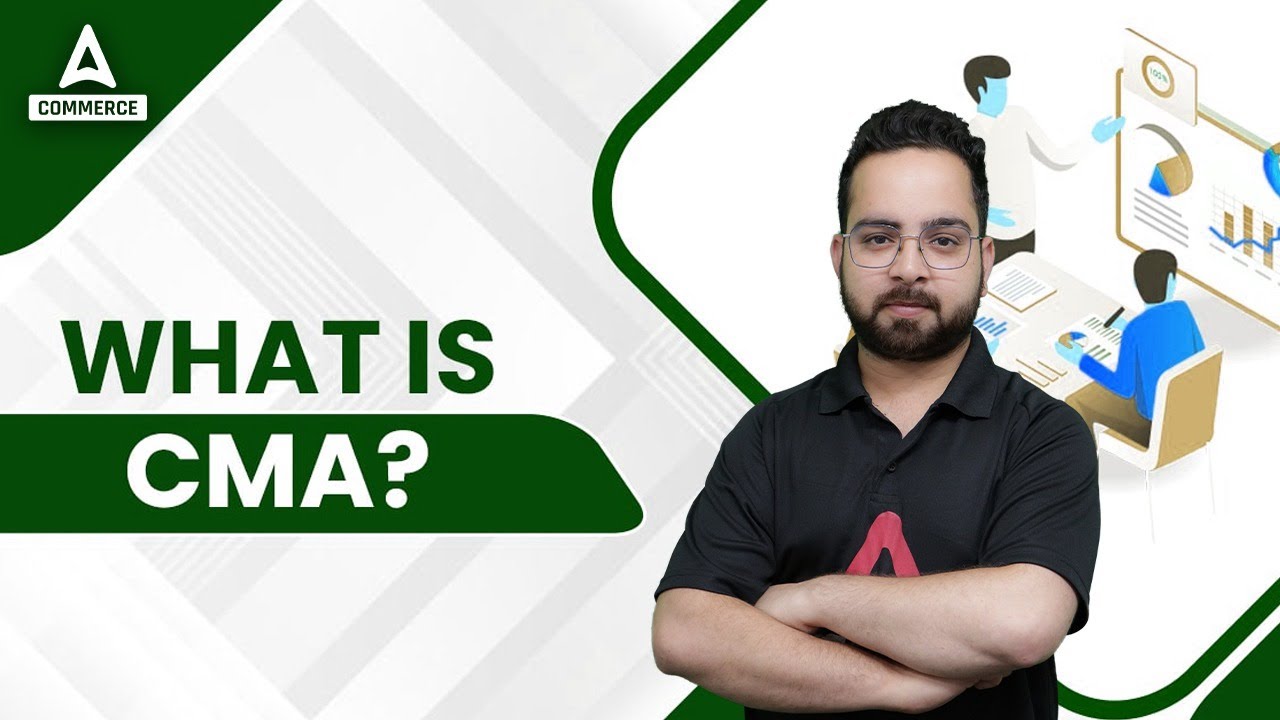
Many employees of public accounting firms face burnout and long hours, all in the name of maximising billable hours. Despite the laudable employee retention policies of the Big Four firms, many of their staff turn over is unavoidably high. Public accountants have inherent conflicts of interests, just like any other profession. The strictest adherence to ethical standards can lead to substantial conflicts of interest. However, these can also cause financial problems for the accountant and his clientele.
Public accountants have a different career path than private accountants. Private accountants can rise to manager status at an accounting firm while public accountants work their way up into a senior accountant position, which pays an average of $115.105 per year. Partner is the highest-ranking position in a public accounting firm. A partner can make an average annual salary of $171,000. However, they may earn more than their colleagues at other firms.

Another job of a public accountant is to ensure that all financial papers prepared by their clients are accurate and complete. This role involves examining and validating financial data provided by clients, verifying their accuracy and completeness. Public accountants can prepare financial statements which are critical for analyzing the strength, profitability, scope, and sustainability of a company. It is important to evaluate your education background and the skills needed to be a successful public accountant.
Public accountants can work for an accounting company or private practice. They have to deal with a variety people and work. Public accountants' daily tasks may range from auditing to tax planning to financial planning. They may meet with clients or work in larger groups with other accountants. They can work as either a partner of a manager or as an instructor for junior accountants. You can choose to specialize or not in the field you are interested in, such as tax accounting, general accounting, or forensic accounting.
There are two sides to the same profession: public and private accounting. Private accounting is more rewarding for those looking for a longer-term career. Public accounting, however, requires more experience and exposure in the early stages of your career. Although there are many similarities between public and private accounting, they are fundamentally different. Both require the same basic skills and education, but public accounting offers more specialization and advancement opportunities. Public accounting can lead to increased stress levels. This is where accountants find themselves. However, a career as a public accountant is not for everyone.

A public accountant needs to be able to use math and financial management skills. Public accountants should have an accounting degree, but they also need to be good listeners. Public accountants will deal with clients' concerns as well as co-workers' queries throughout their careers. Public accountants need to be good listeners. Be prepared to show empathy and sensitivity toward both clients and coworkers. For this job, a bachelor's in accounting degree is usually required.
FAQ
What training is needed to become an accountant?
Basic math skills are necessary for bookkeepers. They need to be able to add, subtract, multiply, divide, fractions and percentages.
They also need to know how to use a computer.
Most bookkeepers have a high school diploma. Some have college degrees.
What are the signs that my company needs an accountant?
Accounting professionals are hired by many companies when they reach certain levels of financial success. For example, a company needs one when it has $10 million in annual sales or more.
However, not all companies need accountants. These include sole proprietorships or partnerships, small firms, corporations, and large companies.
It doesn't really matter how big a company is. Accounting systems are the only thing that matters.
If it does, the company will need an accountant. It doesn't if it doesn't.
What happens to my bank statement if it is not reconciled?
You might not realize that you made a mistake in reconciling your bank statements until the end.
At that point, you'll have to go through the entire process again.
Accounting is useful for small business owners.
Accounting isn't just for big companies. Accounting is beneficial to small business owners as it helps them keep track and manage all the money they spend.
If your business is small, you already know how much money each month you make. What happens if an accountant isn't available to you? You may wonder where you're spending your money. Or you could forget to pay bills on time, which would hurt your credit rating.
Accounting software makes it easy for you to keep track and manage your finances. There are many types of accounting software. Some are completely free, while others can cost hundreds of thousands of dollars.
You will need to learn the basic functions of every accounting system. It will save you time and help you understand how to use it.
You should learn how to do these three basics tasks:
-
Record transactions in the accounting system.
-
Track income and expenses.
-
Prepare reports.
Once you have these three skills, you are ready to begin using your new accounting program.
What is the purpose of accounting?
Accounting is a way to see a financial picture by recording, analyzing and reporting transactions between people. It enables organizations to make informed decisions regarding how much money they have available for investment, how much income they are likely to earn from operations, and whether they need to raise additional capital.
Accountants keep track of transactions to provide information about financial activities.
The data collected allows the organization to plan its future business strategy and budget.
It is important that the data you provide be accurate and reliable.
What is the average time it takes to become an accountant
Passing the CPA test is essential in order to become an accounting professional. Most people who are interested in becoming accountants have studied for at least 4 years before taking the exam.
After passing the test one must have worked for at minimum 3 years as an Associate before becoming a Certified Public Accountant (CPA).
Statistics
- BooksTime makes sure your numbers are 100% accurate (bookstime.com)
- Given that over 40% of people in this career field have earned a bachelor's degree, we're listing a bachelor's degree in accounting as step one so you can be competitive in the job market. (yourfreecareertest.com)
- Employment of accountants and auditors is projected to grow four percent through 2029, according to the BLS—a rate of growth that is about average for all occupations nationwide.1 (rasmussen.edu)
- "Durham Technical Community College reported that the most difficult part of their job was not maintaining financial records, which accounted for 50 percent of their time. (kpmgspark.com)
- According to the BLS, accounting and auditing professionals reported a 2020 median annual salary of $73,560, which is nearly double that of the national average earnings for all workers.1 (rasmussen.edu)
External Links
How To
How to Become a Accountant
Accounting is the science and art of recording financial transactions and analyzing them. Accounting can also include the preparation of reports or statements for various purposes.
A Certified Public Accountant (CPA) is someone who has passed the CPA exam and holds a license issued by the state board of accountancy.
An Accredited Financial Analyst (AFA), is someone who has met certain criteria set by the American Association of Individual Investors. A minimum of five year's investment experience is required before an individual can be made an AFA. They must pass a series exam to verify their understanding of accounting principles.
A Chartered Professional Accountant or CPA (sometimes referred to simply as a chartered accountant) is a professional accounting who has received a degree in accounting from a recognized university. CPAs must meet specific educational standards established by the Institute of Chartered Accountants of England & Wales (ICAEW).
A Certified Management Accountant (CMA) is a certified professional accountant specializing in management accounting. CMAs have to pass exams administered by ICAEW and keep up-to-date with continuing education requirements throughout the course of their careers.
A Certified General Accountant is a member of American Institute of Certified Public Accountants. CGAs are required take several exams. The Uniform Certification Examination is one of them.
A Certified Information Systems Auditor (CIA) is a certification offered by the International Society of Cost Estimators (ISCES). Candidates for the CIA need to complete three levels in order to be eligible. These include practical training, coursework and a final examination.
Accredited Corporate Compliance officer (ACCO) is a distinction granted by the ACCO Foundation, and the International Organization of Securities Commissions. ACOs must have a baccalaureate in finance, business administration or public policy. They also need to pass two written and one oral exams.
The National Association of State Boards of Accountancy's Certified Fraud Examiner credential (CFE), is awarded by NASBA. Candidates must pass three exams and obtain a minimum score of 70 percent.
International Federation of Accountants (IFAC), has awarded a certification to an Internal Auditor (CIA). The four-part exam covers topics such as auditing (auditing), risk assessment, fraud prevention and ethics, and compliance.
An Associate in Forensic Accounting (AFE) is a designation given by the American Academy of Forensic Sciences (AAFS). AFEs must have graduated from an accredited college or university with a bachelor's degree in any field of study other than accounting.
What is the job of an auditor? Auditors are professionals who audit financial reporting and internal controls of an organization. Audits can take place on an individual basis or on the basis of complaints received from regulators.